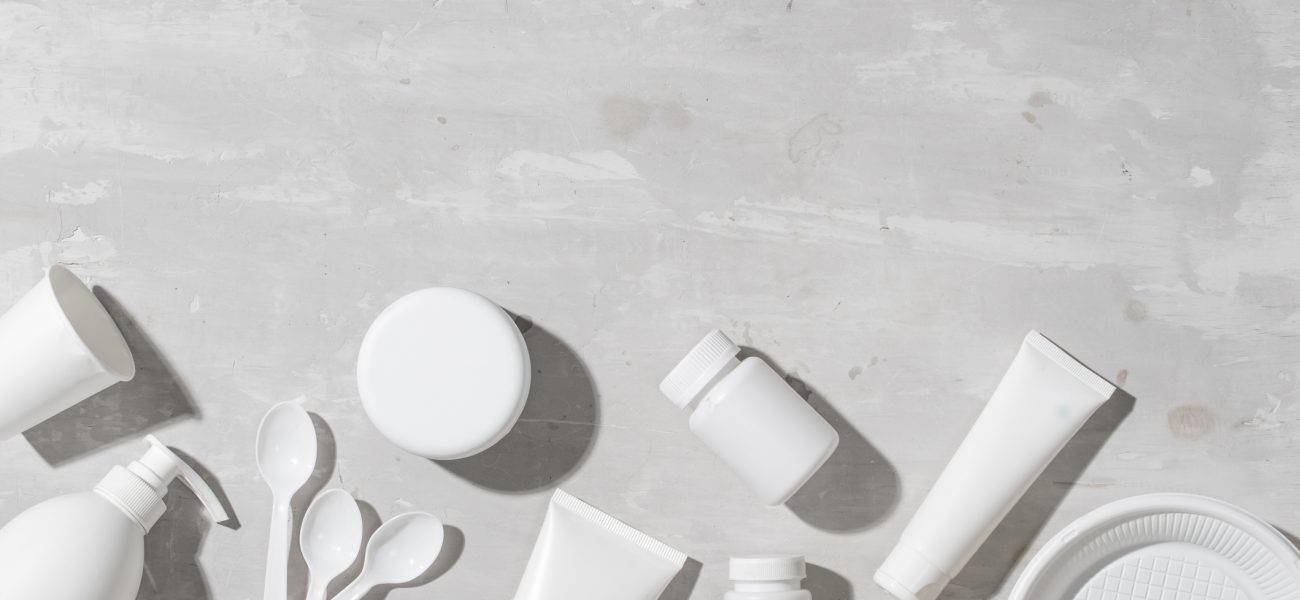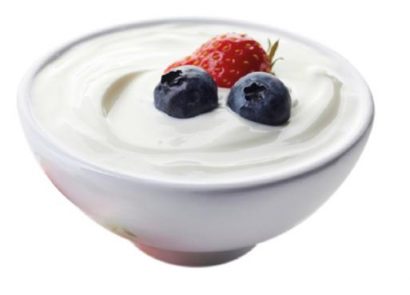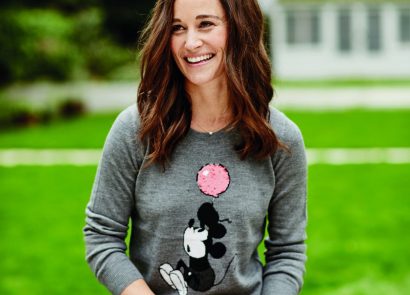If you’re taking your own bags to Tesco and topping up your reusable bottle on a daily, good on you, but if you’re keen to make a difference in the bathroom as well as the kitchen, listen up.
Garnier research shows that 56 percent of us don’t recycle our beauty products, but is this because we’re just not as clued up with what can be recycled and what can’t?
“Many people might be surprised at the number of beauty products that actually can be recycled,” says Natasha Pilbrow, co-founder of LeSalon.
“As long as you make the effort to remove labels and clean bottles thoroughly to get rid of any remaining product, most beauty packaging that’s made of plastic and glass can go in the recycling. It’s the fiddly products made of multiple different materials – like mascara, lipstick, foundations and makeup palettes – that pose a problem.”
Knowledge is power, after all. So, what can and can’t we recycle?
Mascara
“Mascara bottles – so long as they’ve been cleaned and dried thoroughly – can usually be recycled, however mascara wands cannot. Luckily, there are some great initiatives out there where you can send your mascara wands to animal sanctuaries, where they’re used to groom small birds and wildlife to keep them healthy.”
Nail varnish
“Most nail varnishes are toxic, so definitely cannot go in the recycling. However you can recycle the glass bottles. Peel off the label and clean the bottle with some nail polish remover followed by hot soapy water. The brush and lid will have to go in the bin.”
Aerosol deodorants
“Aerosols can be recycled, so long as they’re completely empty. If they’re full, they’re considered hazardous waste. Detach any loose parts of the aerosol such as the lid, and dispose of it along with the rest of your recycling. Be careful not to pierce or flatten the aerosol as this increases its risk of exploding.”
Moisturiser tubes
“Any product that’s made of multiple materials is hard to recycle. So, moisturiser bottles or tubes – whereby the body and lid are made of different plastics – usually can’t be recycled. The same goes for toothpaste tubes and squeezable sun-cream. Check the label to make sure.”
Cotton pads
“Cotton pads cannot be recycled, although many don’t realise they can actually be composted along with your food waste. Check that your cotton pads are 100 percent cotton first, as if they’re blended with synthetic fibres to hold their shape the synthetic fibres won’t break down, meaning you should put them in your general waste.”
Lipstick
“As lipstick tubes are so small, they’ll often get missed in recycling plants so will be sorted into the general landfill rubbish. They’re also too complicated to recycle as they’ll often be made of multiple materials. If you’re a big lipstick fan, the best way to buy it sustainably is to purchase from a brand that offers rewards for returning empty packaging, such as The Body Shop, Kiehls or the infamous ‘back to Mac’.”
Compacts and palettes with glass mirrors
“The problem with make-up palettes and compacts is that they’ll often contain mirrors and magnets that prevent them from being recyclable. Check the label on your make-up palette to see if the material used is recyclable. If so, you can clean the palette before trying to remove the mirror or magnetic parts, and dispose of these separately. If this isn’t possible, you won’t be able to recycle the palette.”
Shampoo and conditioner bottles
“Most shampoo, conditioner and shower gel bottles can be recycled. Check the label for the triangular recyclable symbol to double check. If you’re good to go, remove any plastic caps and wash and dry the bottles thoroughly before putting in the recycling. Bottles with residual product inside cannot be recycled.”
Foundations with pumps
“Most foundation bottles are made of glass or plastic, both of which can be recycled if you clean them first and remove any labels. If your foundation has a pump, you must remove this too, as pumps cannot go in the recycling. If you can’t remove the pump, your bottle will have to go in the bin, so it’s something to research before buying a new foundation.”
Brands doing their bit
There are many beauty brands cutting down on their use of plastic. Ethique use only biodegradable ingredients and compostable packaging and has calculated that its saved five million plastic bottles from ending up in landfill. The Body Shop has recently bought 250 tonnes of recycled plastic in a bid to tackle pollution, with pilot stores in London encouraging customers to refill their make-up at a cheaper price. Cultural and environmental sustainability are at the core of everything INKA Botanicals does. Its outer packaging is made from recycled material, and its bottles are made from high-quality recyclable glass.























